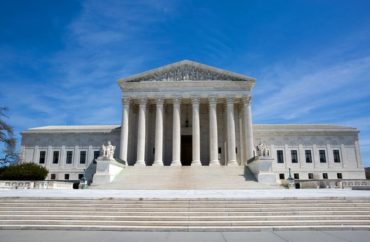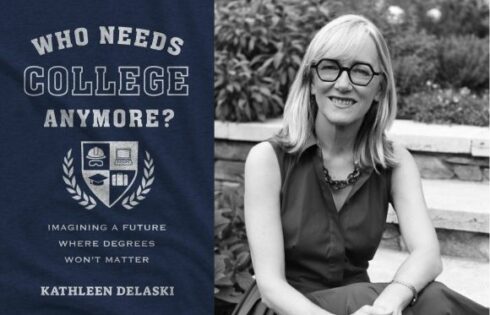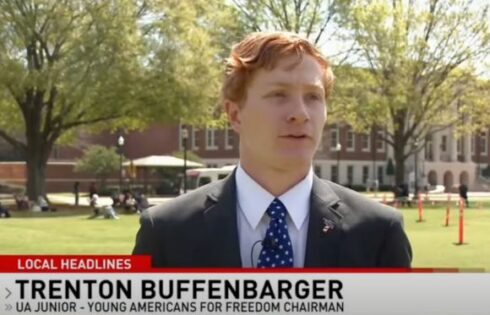
Numerous university leaders cheered the Supreme Court’s decision Thursday against the Trump administration to preserve the Deferred Action for Childhood Arrivals program.
News releases that went out Thursday afternoon had campus presidents and other top officials describe the ruling as a big relief and a justification of their stance that undocumented students deserve to remain in the country.
“Justice and the rule of law won the day,” UC President Janet Napolitano said in a news release.
Napolitano had helped create DACA when she served as secretary of Homeland Security under President Barack Obama, it added, noting the UC system had sued the Department of Homeland Security in 2017 after it rescinded the program.
“The Supreme Court’s decision to uphold the University of California and the California attorney general’s challenge against the Trump administration’s capricious action is a victory for hundreds of thousands of young people who are making vital contributions to their families, schools, employers and the nation,” Napolitano stated.
According to a 2018 DACA study conducted by Tom Wong, an associate professor of political science at the University of California San Diego and a senior fellow at the Center for American Progress, about 40 percent of DACA recipients are students. Under the ruling, many DACA students will continue to have access to higher education and in-state tuition rates.
“Today marks a significant victory in the name of social equity,” UC Davis Chancellor Gary May announced.
The approximately 649,070 DACA recipients will continue to have a renewable 2-year protection from deportation and other legal benefits, such as work permits, driver’s licenses, and health insurance.
Nevada System of Higher Education Chancellor Thom Reilly described the ruling as having “lifted a tremendous and overwhelming burden” carried by DACA students.
UC Santa Cruz campus leaders issued a joint statement calling for more even rights.
“While today’s decision is certainly a relief, DACA is not enough. It only provides work authorization for people who came to the United States as children and requires renewal every two years. It does not provide a path to citizenship,” their statement read.
In the 5-4 decision, the Supreme Court decided that the Department of Homeland Security under the direction of the Trump administration violated the Administrative Procedure Act in its 2017 decision to wind down the DACA program.
Chief Justice John Roberts’ swing vote broke the tie to temporarily save DACA.
According to the majority opinion, the administration’s decision to end DACA was “arbitrary and capricious under the APA” because it did not adequately consider the “reliance interests” of DACA recipients’ or fully explain its reasons for ending the program.
In his dissent, Justice Clarence Thomas argued the Trump administration rescinded DACA the same way the Obama administration created it — “unilaterally and through a mere memorandum.”
The court’s decision may only buy some time for DACA recipients since it only determined that proper procedures were not followed, not that the Trump administration lacks the authority to end it.
“The dispute before the Court is not whether DHS may rescind DACA. All parties agree that it may. The dispute is instead primarily about the procedure the agency followed in doing so,” Chief Justice Roberts wrote in the majority opinion.
The court has sent the decision back to the Department of Homeland Security so it can reconsider its concerns and provide a better justification for rescinding the DACA program.
“The appropriate recourse is therefore to remand to DHS so that it may consider the problem anew,” the chief justice wrote.
Since its creation by the Obama administration in 2012, the DACA program has allowed almost 800,000 undocumented young adults, also called “Dreamers,” who came to the U.S. at a very young age, to remain in the United States.
MORE: Maryland gubernatorial candidate wants free college tuition for DACA students
IMAGE: Steven Frame / Shutterstock
Like The College Fix on Facebook / Follow us on Twitter






Please join the conversation about our stories on Facebook, Twitter, Instagram, Reddit, MeWe, Rumble, Gab, Minds and Gettr.